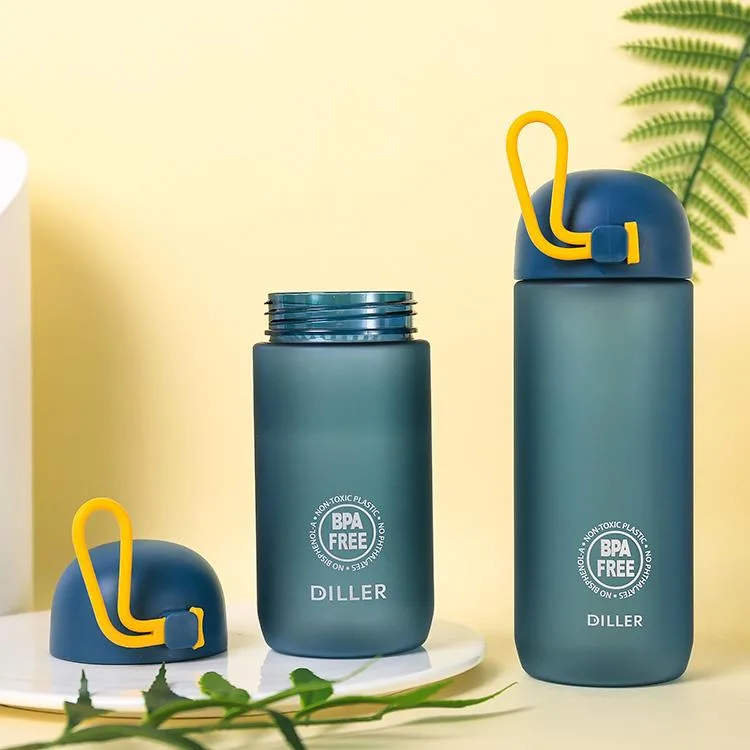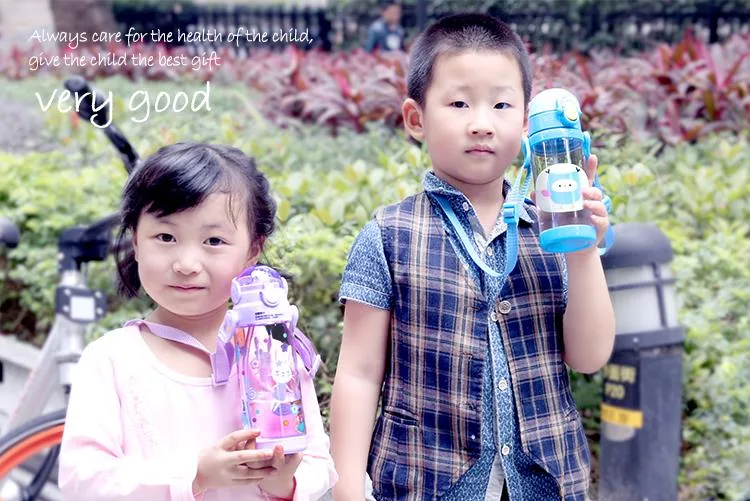Van geboorte tot groei mag de mate van gezelschap van waterflessen niet minder zijn dan melkpoeder en luiers. Er is echter een vreemd fenomeen dat moeders veel meer om melkpoeder en luiers geven dan om waterflessen elke dag. Ik denk dat de reden waarschijnlijk te wijten is aan de hoge consumptie van melkpoeder en luiers. Laten we beginnen met het tellen van welke waterflessen uw kinderen hebben gebruikt? Babyflessen, speenflessen, eendenbekflessen, rietjeswaterflessen, gewone waterflessen... Reken naar beneden, het opvoeden van een kind, de waterfles kan niet lager zijn dan deze vijf soorten, het aantal moet meer dan 10 zijn, de frequentie van gebruik dan melkpoeder en luiers tot tientallen keren hoger.
Wat betekenen deze getallen? Als uw kind bijvoorbeeld een "giftige" waterfles gebruikt, is dat schadelijker dan melkpoeder. Kunststoffen behoren tot macromoleculaire chemische materialen, die vaak polypropyleenethyleen of PVC-polychloorethyleen en andere chemische stoffen bevatten. Wanneer heet water of kokend water in plastic waterflessen wordt gegoten, kunnen deze chemicaliën gemakkelijk ontbinden in giftige stoffen, die schadelijke effecten hebben op het menselijk lichaam. Bovendien heeft de interne microstructuur van kunststoffen veel gaten, die vuil verbergen, schoonmaken is niet schoon, gemakkelijk om bacteriën te kweken.
Niettemin heeft een plastic waterfles inherente voordelen: de plastic waterfles heeft de vorm, felle kleur, is niet bang om te vallen, kan door de baby zelf worden meegenomen en kan ook worden meegenomen als je naar buiten gaat. Mensen kunnen het niet laten.
De meeste waterflessen of flessen die door kinderen worden gebruikt, zijn van plastic. Daarom moeten we niet achteloos waterbekers kiezen om kinderen uit de buurt van giftige waterflessen te houden en ervoor te zorgen dat ze gezond opgroeien.
BPA komt voornamelijk voor in polycarbonaat (PC) materialen. Plastic waterflessen die Bisfenol A bevatten of afbreken, zijn schadelijk voor baby's. Onze wetten en regels, evenals die van sommige landen, verbieden het gebruik van BPA in babyvoedingscontainers (zoals melkflessen). Of het volwassenen treft en of langdurig gebruik van plastic bekers met BPA kanker veroorzaakt, blijft controversieel.
De veiligheid van een plastic waterfles is niet direct gerelateerd aan de dikte, noch aan de kleur. Het is praktischer om aandacht te besteden aan het materiaal dan aan de dikte en kleur.



